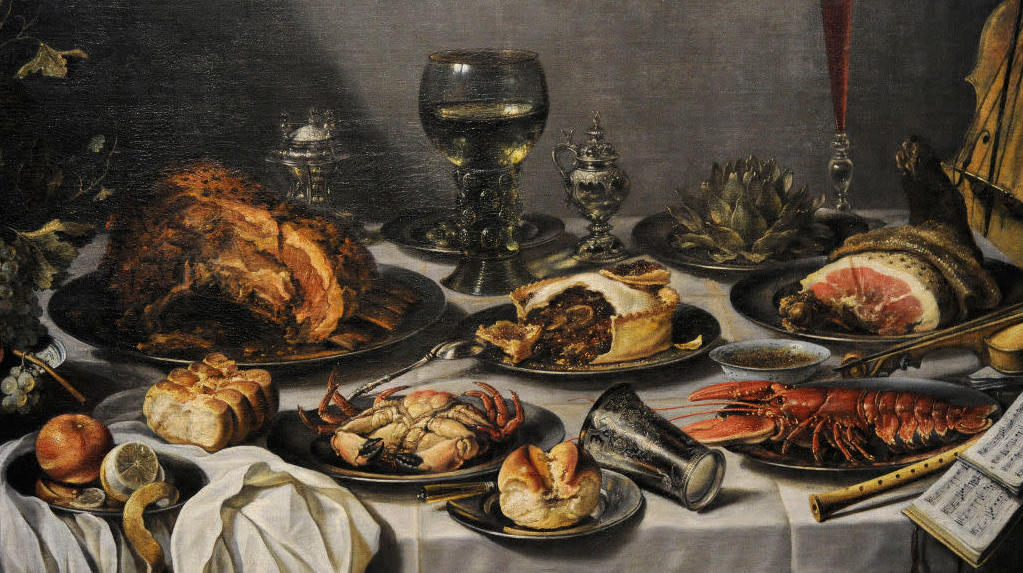If You Hate The Taste Of Cat Food, Thank Our Early Human Ancestors
One time I ate a few pieces of my cats' dry food, just to see what was so great about it, and I was unbelievably disappointed. This is the only stuff my cats eat and they can't seem to shut up about it, always wanting to know when dinner is, loudly complaining if dinner is 30 seconds late, waking me up at 1 a.m. to trick me into giving them second dinner before first breakfast. I normally concur with most all of my cats' political and cultural opinions, but when it comes to kibble, we agree to disagree. I do appreciate the ease kibble provides them; since animals' taste buds aren't as refined as human ones they never tire of eating the same meal every day, and they don't make a fuss about how it's prepared. When a lion takes down a gazelle, she doesn't spend hours braising it with warm harissa spices and Cara Cara oranges before her pride can chow down. Never has a kinkajou felt the need to turn a melon into a zippy salad for a change of pace. The dinosaurs certainly didn't see any need to cook their meat, or if they had, it would have been difficult for T-Rexes to turn a roasting spit with their tiny arms.
If you think about it, our species' relationship with food really does seem a bit impractical, doesn't it? But in the new book Delicious: The Evolution of Flavour and How it Made Us Human, ecology professor Rob Dunn and medical anthropologist Monica Sanchez argue that the development of persnickety palates gave some early humans a major evolutionary advantage over their rivals, which not only allowed them to survive, but thrive. In an interview with The Guardian, Dunn argues that the reason humans began cooking their food wasn't to free up more of its calories, kill pathogens, or make it easier to digest—it was simply because it tasted good.
"In general, flavour rewards us for eating the things we've needed to eat in the past," said Dunn. "Scientists often focus on what the eventual benefit is, rather than the immediate mechanism that allowed our ancestors to make the choice. We made the choice because of deliciousness. And then the eventual benefit was more calories and fewer pathogens."
As humans' sense of taste became more refined, so did their sense of smell, which may have helped them in identifying poisonous and rotten foods. Another major development: an appreciation of sour flavors. Dunn explains that all mammals have sour taste buds, and most interpret the flavor as something repulsive. Humans and pigs are outliers, which Dunn and Sanchez believe may have been an evolutionary adaptation to identify naturally fermenting foods.
"The acid produced by the bacteria kills off the pathogens in the rotten food. So we think that the sour taste on our tongue, and the way we appreciate it, actually may have served our ancestors as a kind of pH strip to know which of these fermented foods was safe," said Dunn.
For more exciting revelations on how our ancestors saved us from a life full of dried meat pellets and Tummy Ticklin' Turkey Treats, check out the full Guardian profile. Delicious: The Evolution of Flavor and How It Made Us Human comes out March 23 from Princeton University Press and is available for preorder now.
